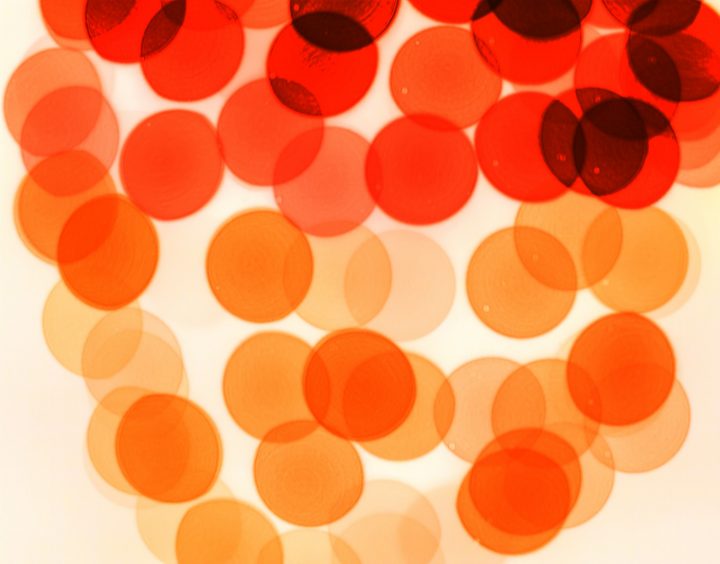Catalyst Biosciences Starts Phase 2/3 Trial of Therapy to Prevent Hemophilia Bleeding Episodes
Written by |

Catalyst Biosciences has begun enrolling patients in a Phase 2/3 clinical trial of marzeptacog alfa (activated) as a preventive treatment for hemophilia A or B.
Some patients develop immune responses — or inhibitors — to clotting factor treatments, preventing the therapies from being able to stop bleeding.
Catalyst’s therapy, also known as MarzAA, is a next-generation injected Factor VIIa treatment created to addresses that problem. The company designed it to have stronger clotting activity and work longer at a bleeding site.
“For individuals with hemophilia B with inhibitors [immune responses] there are no approved subcutaneous [injected] therapies, and a recently approved subcutaneous treatment for hemophilia A with inhibitors has safety concerns,” Dr. Nassim Usman, the president and CEO of Catalyst, said in a press release.
In the Phase 2 part of the trial, Catalyst will test MarzAA’s ability to eliminate or reduce bleeding episodes in hemophilia A or B patients with inhibitors. It will pay particular attention to whether the therapy can decrease patients’ annual bleeding episodes, compared with the past.
Researchers will also look at the therapy’s safety, and patients’ ability to tolerate it. And they will assess its ability to prevent the development of inhibitors.
The study will include up to 12 hemophilia patients with inhibitors, and be conducted at about 10 sites globally. Catalyst expects to announce preliminary results in the first half of 2018.
“With the initiation of this Phase 2 MarzAA trial, Catalyst is now conducting two clinical studies with subcutaneous candidates for individuals with hemophilia,” Usman said. “We are one step closer to potentially providing safe and convenient treatment options using high-potency replacement coagulation factors to restore coagulation.”
A Phase 1 trial (NCT01439971) showed that intravenous MarzAA was effective in people with severe hemophilia, whether or not they had inhibitors. The 25 patients also tolerated the treatment well.
Preclinical-trial studies showed that MarzAA was six to nine times stronger and longer lasting than NovoSeven, an approved FVIIa therapy that Novo Nordisk developed.
The U.S. Food and Drug Administration has granted MarzAA orphan drug status as a therapy for preventing bleeding episodes in hemophilia A or B patients with inhibitors. The status covers promising treatments for rare diseases.


